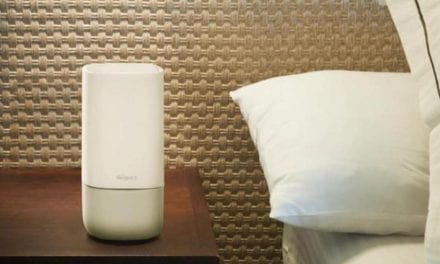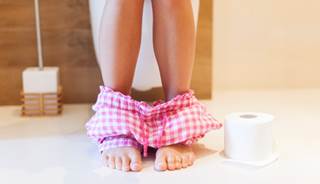The foods you eat might influence when you go to sleep, according to a new study of elite female college athletes. Researchers will present their work at the American Physiology Summit, the annual meeting of the American Physiological Society, from April 20 to 23.
The study revealed that athletes who consumed more carbohydrates and vitamins B12 and C tended to go to sleep earlier and wake earlier than those who consumed less of these nutrients. According to the researchers, these nutrients might increase synthesis of vital hormones that regulate sleep, including serotonin and melatonin.
“For athletes, success is measured not only by readiness to perform but also resiliency on and off the field,” says the study’s first author, Lauren Rentz, a doctoral student at West Virginia University, in a release. “We know that sleep helps the body heal from daily physical and mental stress and influences future physical and mental performance. The relationship between sleep and nutrient intake hasn’t been researched as thoroughly in high-performing athletes, who consistently experience large amounts of stress.”
For the study, researchers evaluated the sleep and nutritional patterns of 23 female collegiate soccer players. The athletes wore a smart ring that tracked their sleep for 31 consecutive nights during the competitive season. During the final three days of the evaluation, athletes recorded their dietary intake.
The analysis revealed associations between nutrient consumption and sleep timing but not sleep duration. It also showed that most athletes averaged seven to eight hours of sleep a night and met recommended intake for many vitamins. However, about half of the athletes were deficient in vitamins A and K as well as protein, and almost all failed to consume recommended amounts of vitamin D and carbohydrates.
“The use of wearable technology has become very popular among athletes, and our study shows how wearable data can be used by practitioners or athletes themselves to become more in-tune with their health,” says Rentz in the release. “Wearables are great for capturing the body’s response to physiological stressors without adding more stress.”
The researchers caution that their results shouldn’t be interpreted as cause and effect, but rather show how various aspects of health can simultaneously contribute to performance and recovery potential. Next, they plan to evaluate similar health patterns in a larger group of people and examine how these patterns may influence athletes’ success.
Photo 105718525 © Guruxox | Dreamstime.com





